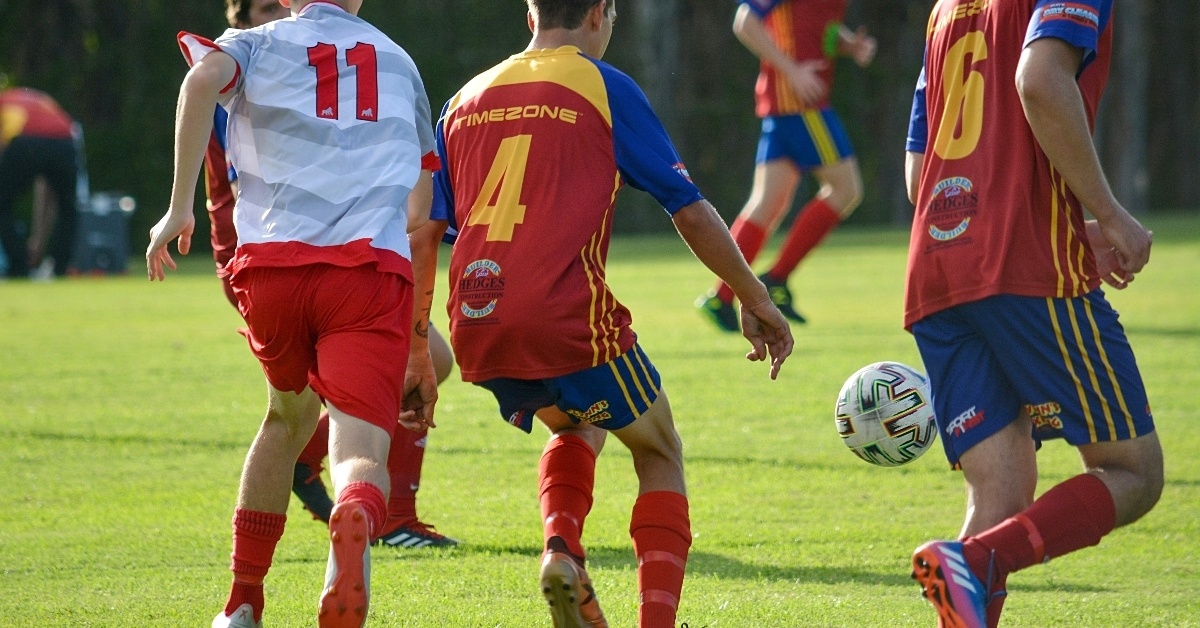BY: Denver Sean
Published 7 years ago

Montel Williams says he has a renewed outlook on life after suffering a life-threatening stroke in late May.
via People:
In this week’s PEOPLE, the 62-year-old Emmy winner reveals for the first time that he was actually in the intensive care unit for 21 days after surviving a cerebellar hemorrhagic stroke — a rare type of stroke that experts say can either kill or cause severe neurologic deficits in 50 percent of patients.
“I’m very lucky,” Williams says. “When it happened, I didn’t realize the veracity of what this was. When you start thinking about it those statistics? That’s harsh reality. … I’m so blessed to be alive and I’m not taking it for granted.”
Trouble first started for Williams in the early morning hours of May 30, when he was exercising by himself in the gym of his New York City hotel.
A vet of the U.S. Marine Corps and U.S. Navy, Williams says he is a competitive person by nature and had grown accustomed to doing intense daily workouts. That morning was no different: 20 minutes on the treadmill, 20 minutes on an elliptical, and 40 minutes of doing “giant sets” — an advanced weight training technique designed to increase muscle strength that involves doing large sets of three exercises per muscle group, in rapid repetition with little rest in-between reps.
But while holding his breath and coming up from weighted squats, his thirteenth of a rep of 30, Williams heard what he thought was a loud noise coming from behind him. “I knew there was nobody there and so I looked to my left,” he recalls. “And as my eyes came back around, the whole room started to kaleidoscope and I got hit with the wave of tired.”
“I threw the weight down and said to myself, ‘You just had a stroke.’ ”
Williams was right. That sound he heard was a weakened blood vessel in his brain that had burst, leaking blood toward his cerebellum, which is the part of the brain that controls movement and balance.
Having seen the symptoms of a stroke before on The Dr. Oz Show, Williams immediately knew that he had to act fast. “I said, ‘I’m not dying in this gym alone,’ ” Williams recalls. “I wanted to lay down to rest but I kept saying, ‘You can’t lay down’ because I remembered that’s what people die from.”
Miraculously, Williams managed to make the journey from the gym, to the elevator, up to the 14th floor, and over to his room where he alerted wife Tara, ” ‘Call the ambulance and tell them I just had a stroke. Tell them your husband had a stroke.’ “
When Williams’ ambulance arrived, it happened to be one of three from NewYork-Presbyterian’s Mobile Stroke Treatment Unit, which came equipped with CAT scan technology. Rescue workers were able to administer the test on site, letting doctors back at the hospital know exactly what was wrong. If treated with blood thinners — which are typically prescribed for ischemic strokes, the more common form of strokes marked by a blood clot — Williams would have died.
“That saved my life,” Williams remarks. “I would have bled out on the spot.”
By the time he got to the hospital, Williams had a pool of blood the size of a peach on the back of his brain. He was in and out of consciousness the first few days as doctors gave him blood pressure medicine to stop the bleeding and monitored him with hourly scans to assure his brain reabsorbed the blood. From there, he worked on regaining his motor functions.
“I could barely talk. I couldn’t sit up. I couldn’t stand. I was almost paralyzed, it was terrifying,” Williams says. “But I remember telling myself, ‘You’re not dying. You’re not quitting. You’re going to fight this. You’re going to get this back.’ ”
Things have improved since then.
After leaving the NewYork-Presbyterian, Williams flew to Jackson, Tennessee, where he began daily physical therapy sessions at Work Plus Rehab, a state-certified rehabilitation center. It’s been four months, and Williams has made a remarkable recovery by stroke standards. He still does daily rehab treatments to regain mobility, but walks without aid and has even corrected some of his deficiencies related to his battle with multiple sclerosis.
“I’m way ahead of the rehab game right now,” he says. “My physical therapist, Paul Reilly, asked early on, ‘What do you want to get out of this?’ And I said, ‘I’d love to snowboard again this year.’ So we set that goal and we’re almost there. I really need another month before I’m beyond that acute phase of having a stroke. But I made it back. I got it back. And I probably will snowboard in January.”
Whether he snowboards or not, Williams says he’ll be okay. He’s mostly learned from this experience about the importance of slowing down.
“I was pushing way harder than I should be pushing, chasing this weird body ideal that I had when I was a kid,” he says. “A very close doctor friend of mine said to me, ‘So what? So you can be the best looking f—— corpse in the morgue? What good does that do you?’ And it took those words and this stroke to set in. I said, ‘I gotta stop.’ “
Not only have his workouts gone down “about 90 percent,” but he’s also lessened his travel schedule, is taking regular naps, and is focused on time with Tara — who he says gave him “meaning to live.”
“This gave me a wake up call in a lot of ways,” Williams says. “I’m use to be one of those overly intense people period. I was flying three flights a week, cross-country, back here, over there, up there, down there, over there. I was always on the phone, managing five businesses — it’s time to just slow it down a little bit, you know?”
“Just learn from me,” he says. “My biggest mantra for years was, ‘Mountain, get out of my way.’ Well, how about just stand on the top of the mountain and take a look around?”
Who knew?










